Boston’s Vibrant Development Pipeline Defies Office Trends
Life sciences are bolstering construction activity across the city. Read the market's latest updates.
Boston’s booming life science market has kept the city’s office development active in post-COVID-19 times, while most gateway cities are struggling with excess space. A harsh economy, including a slowdown in venture capital funding, hasn’t had as strong of a negative impact on the metro as may have been expected: Boston maintains a robust office development pipeline, according to recent CommercialEdge data.
While life science properties represented roughly 5 percent of office construction a decade ago, in the past two years it has accounted for more than a quarter of starts. Boston is leading the nation’s life sciences development list, with 12.4 million square feet of space under construction as of July, followed by San Francisco (5.6 million) and San Diego (4.5 million).
As of July, Boston was the U.S. market with the biggest under-construction office pipeline, with 13.9 million square feet underway, representing 5.7 percent of total stock. Adding planned projects to the pipeline, the figure balloons to 11.3 percent of total stock.
In June, Tishman Speyer secured the largest construction financing of the year at the time of the deal. The $750 million note will serve for the development of the first phase of the 900,000-square-foot Harvard Enterprise Research Campus project in Allston, Mass.
Across gateway cities, Manhattan had the second-largest pipeline (7.4 million square feet), followed by Seattle (6.6 million square feet) and San Francisco (5.9 million square feet), while Los Angeles (1.0 million square feet), Miami (2.1 million square feet), Chicago (2.3 million square feet) and Houston (2.7 million square feet) were at the other end of the spectrum.
Nationally, new office starts slowed through 2023, with only 16 million square feet of new office space commencing construction year-to-date through July, down nearly 50 percent since at the same point last year. Since the beginning of the year, six projects totaling 2.4 million square feet of office space broke ground in the metro. Five of these, covering roughly 2 million square feet, were life science buildings.
Boston’s office development is booming
The largest development currently taking shape in Boston is the second phase of Fenway Center, a $1 billion project by REIT IQHQ Inc. and Meredith Management. At full build-out, the project that is rising on air rights over the Massachusetts Turnpike will offer 1 million square feet of office and lab space.
Recently, three significant office projects topped out in the city. Back in May, Greystar reached the milestone for its 465,000-square-foot life science building in Somerville, Mass. The development represents the company’s first project within the life science sector.
In the beginning of summer, Catamount Management Corp., in partnership with Lee Kennedy Co. and Trademark Partners, topped out the expansion of 100 Hood Park Drive. The new structure is taking shape atop an existing seven-story structure, which was completed in 2020. Aiming for LEED Gold certification, the five-story expansion will add 186,000 square feet of office and lab space to the property.
In July, WS Development topped out One Boston Wharf, a 707,000-square-foot office tower. In early 2021, Amazon committed to the entire office space in the building. The property is part of Boston Seaport, the single largest active development project in Boston’s history. Delivery is expected next year.
Office transaction volume shows strength
Year-to-date through July, Boston’s office sales volume amounted to 1.21 billion and 4 million square feet. The metro had the second-largest transaction volume among gateway cities, after Manhattan ($1.38 billion). Los Angeles also surpassed the $1 billion mark, with a $1.07 billion sales volume, while Seattle ($72.7 million) and Miami ($245.9 million) had the smallest transaction volumes in the first seven months of the year.
Year-to-date through July, prices averaged $334 per square foot—lower than 2022’s average of $491 per square foot. In the first seven months of the year, office sales prices were highest in Manhattan ($610 per square foot) and the Bay Area ($384 per square foot), while Chicago ($102 per square foot), Miami ($228 per square foot) and Los Angeles ($248 per square foot) recorded the lowest average prices among gateway markets.
The biggest deals of the previous months included Peakstone Realty Trust selling two Class A office and R&D buildings in Andover, Mass., to Rhino Capital Advisors. Situated 25 miles north of Boston and totaling more than 273,000 square feet, the assets were fully leased at the time of the transaction.
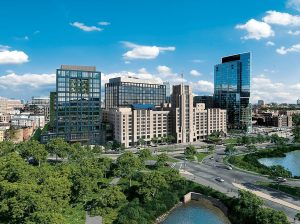
421 Park Drive is expected to be completed in 2026. Image courtesy of Alexandria Real Estate Equities Inc.
At the end of June, Alexandria Real Estate Equities sold two office and life science assets totaling 778,000 square feet for a combined $272.5 million. The deal included a 510,000-square-foot office campus in Newton, Mass., and a 268,000-square-foot portion of 421 Park Drive, a 660,034-square-foot life science property in Boston.
Coworking still packs a punch
As for coworking space, gateway cities lead the list of U.S. markets with most flex office square footage. As of July, Boston had 2.9 million square feet of confirmed coworking space across 72 locations, representing 1.9 percent of total office space. The amount of coworking space relative to total rentable office space grew since January, when it clocked in at 1.7 percent.
Regus had the biggest number of locations in Boston, with roughly 30 spaces spread across the metro. WeWork also had a strong presence with 14 locations, while LocalWorks and Industrious also operated several spaces in the area.

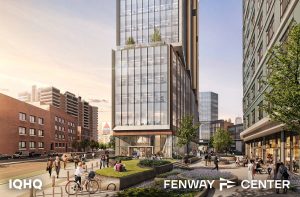
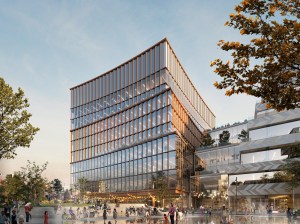
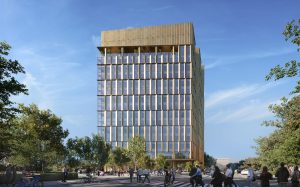
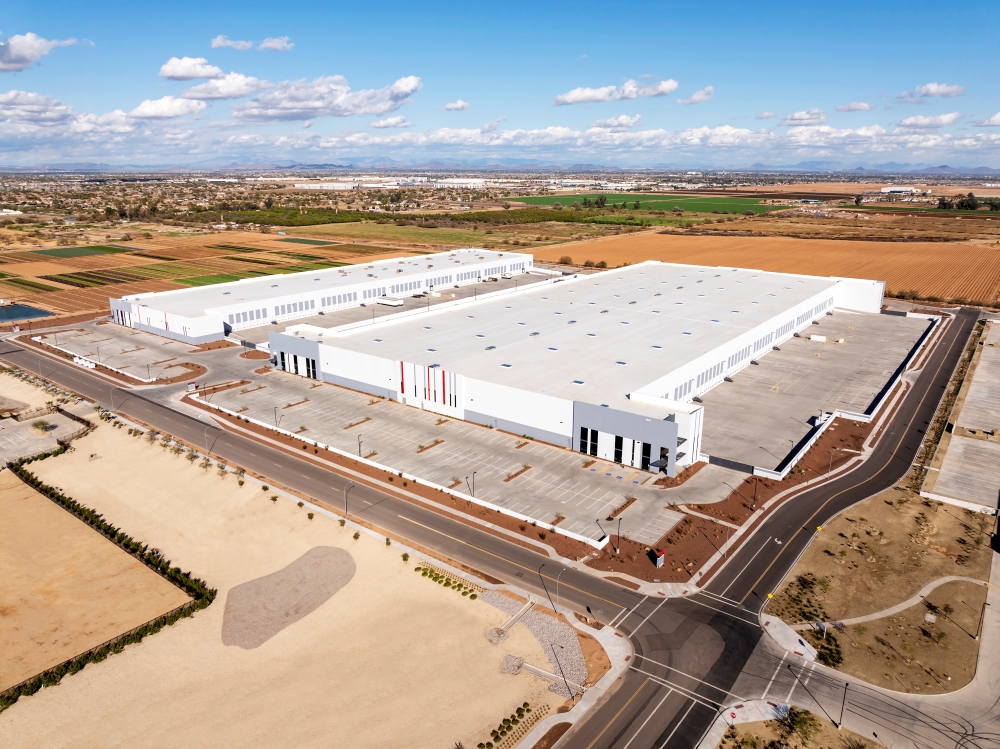
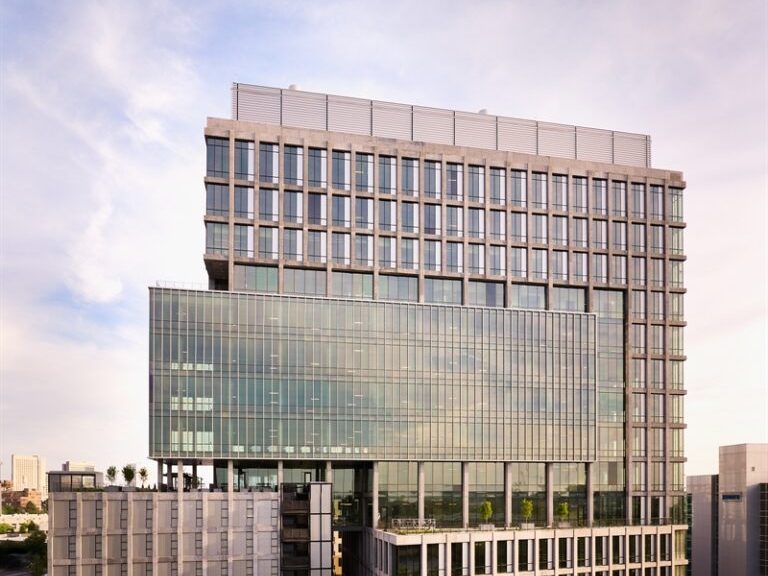
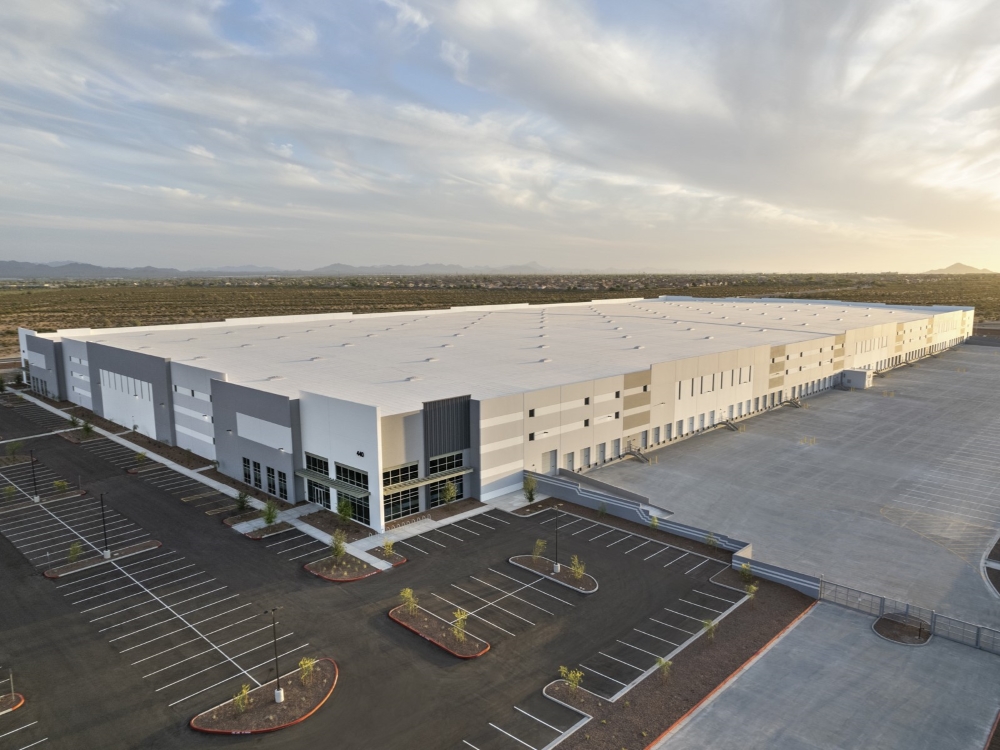
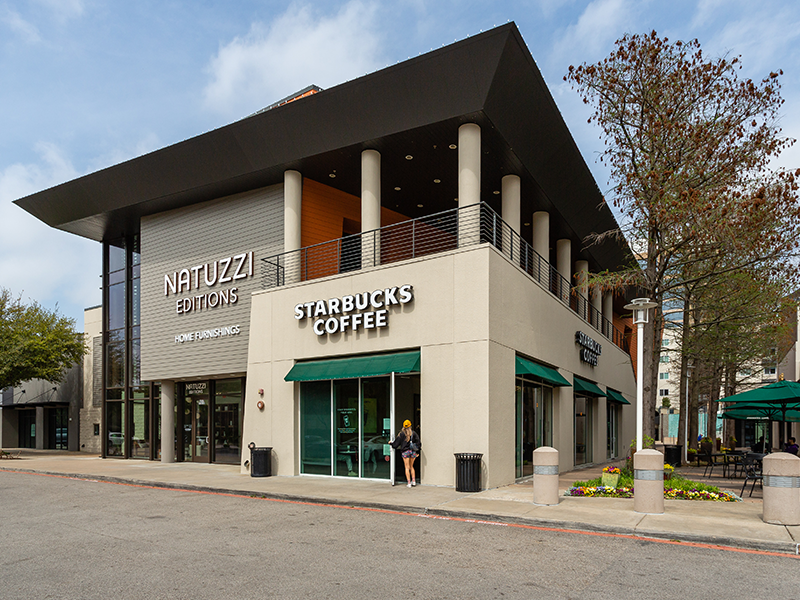
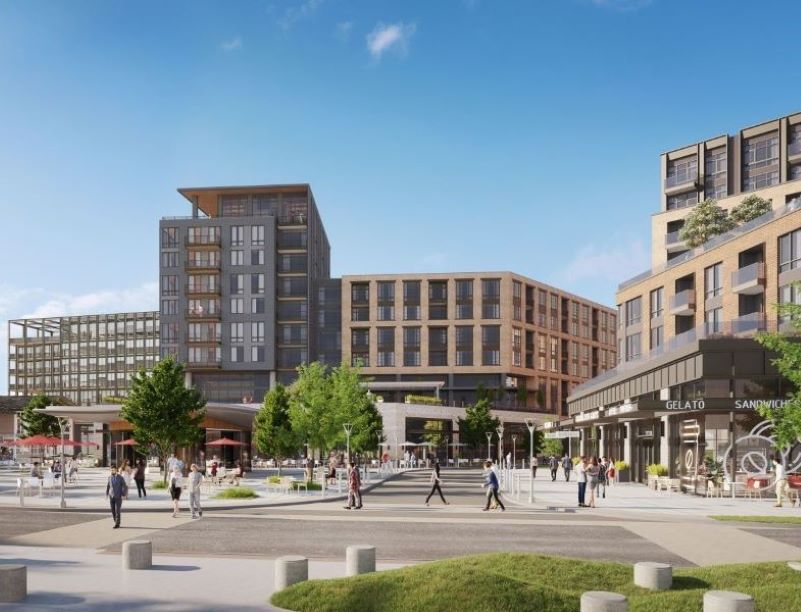
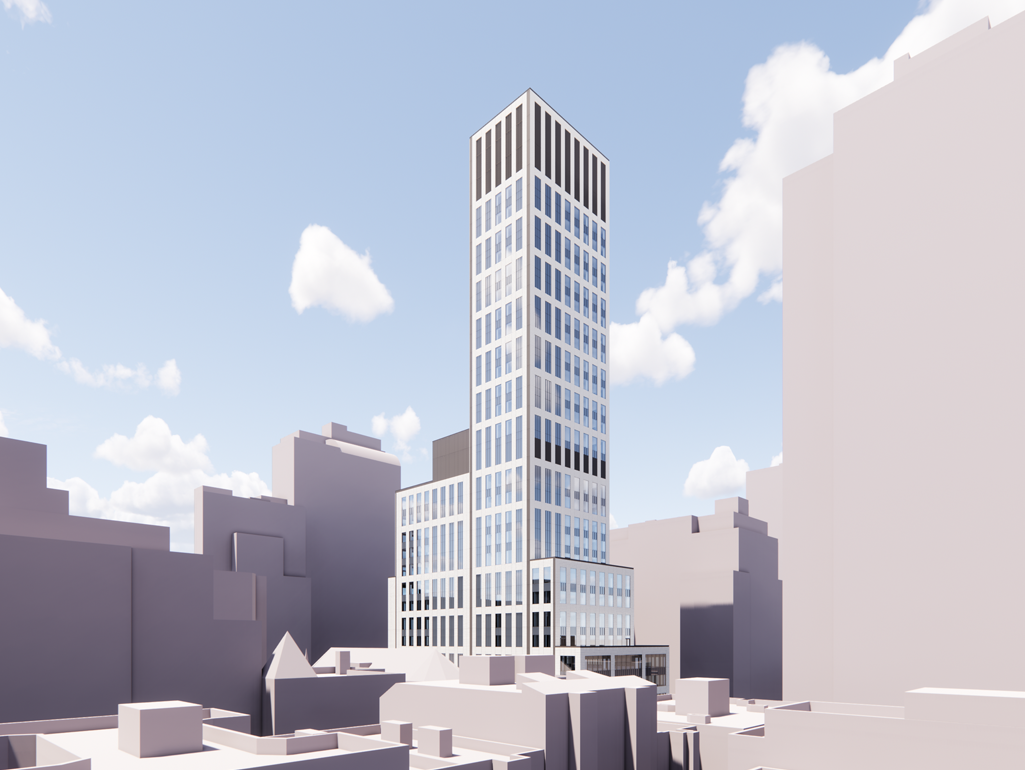
You must be logged in to post a comment.